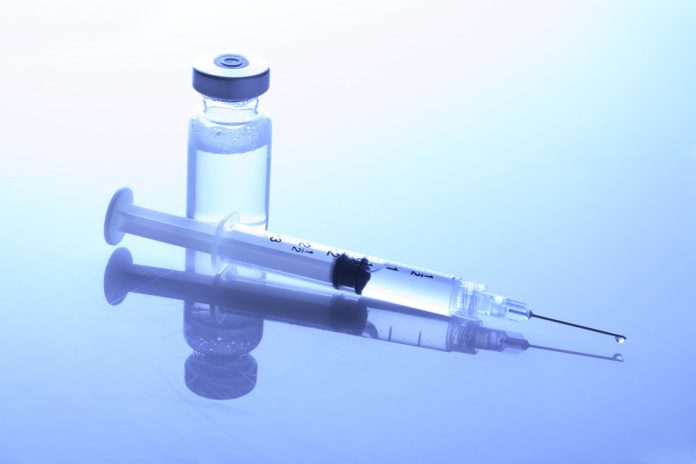Researchers at Duke University Medical Center have discovered that by adding a dose of tetanus vaccine to an experimental treatment for glioblastoma, the most common and deadly kind of brain tumor may actually extend their lives. This is the same form of cancer that killed Sen. Edward Kennedy.
Although tumors for the disease can be removed surgically, they usually grown back, and even those taking drugs to control it find they have little effect, with nearly 50% dying within 15 months.
According to Dr. John Sampson, senior author of the report, published yesterday in the journal Nature, his team used a strategy known as a dendritic-cell vaccine to try and train the immune systems of 12 patients to fight the cancer. This is achieved by removing particular blood cells from a patient and “equipping them with a chemical target found in the tumor.” The cells were then returned to the patient’s body.
Each of the trial participants were first treated with surgery, radiation and chemotherapy, then all we given an ordinary tetanus-diphtheria shot, followed by 3 injections of their own cells, spaced two weeks apart. The patients were then randomely divided into two groups, with one getting a 2nd (tiny) dose of the tetanus-diphtheria vaccine at the place in the skin where the cells would be injected the next day, while the other group received a “dummy dose.”
“The idea behind the tetanus mini-shot was that the immune system gets revved up in this particular area” so that “the body will be more excited about what’s to come,” Sampson explained.
Although 4 out of the 6 patients who received the mini-shot of tetanus lived more than 2 years following the treatment, another made it to 6 years, while the remaining person patient, identified as 68-year old Sandy Hillborn of Ft. Lee NJ is still alive 9 years later. However, only one given the dummy shot was still alive 3-1/2 years after diagnosis.
Although the researchers acknowledge that more work needs to be done, they are very encouraged by these results.








